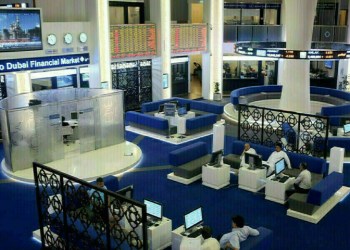By Behiye Selin Taner and Nevzat Devranoglu
ISTANBUL (Reuters) – Turkey’s lira wobbled in volatile trade on Friday, as investors attempted to gauge prospects for another increase in interest rates two days after an emergency hike by monetary authorities struggling to stabilize the currency.
The central bank lifted its top interest rate by 3 percentage points to 16.5 percent on Wednesday, in an effort to avert a full-blown lira crisis. It has fallen some 20 percent this year, hit by concern about President Tayyip Erdogan’s strengthening influence on monetary policy.
Erdogan, a self-described “enemy of interest rates”, wants lower borrowing costs to fuel credit growth and expansion ahead of June elections. Investors fear the economy is overheating and want substantial rate increases to tame inflation.
They have been particularly unnerved by comments by Erdogan last week that he would look to take greater control over monetary policy after elections next month. Deputy Prime Minister Mehmet Simsek, a former Wall Street banker, on Friday sought to soothe investor worries.
“We understand the concerns of the market. We understand the worries that investors might have. We took the necessary steps to address these concerns and we will continue to do so,” he said in an interview with broadcaster NTV.
“The central bank showed that it is independent and it would do whatever is necessary when it is necessary.”
Simsek and the governor of the central bank, Murat Cetinkaya, are due to meet with investors in Turkey on Sunday, bankers said. Next week they are due to do likewise in London.
The lira
It had weakened as much as 2 percent in early trade before partly recovering after central bank said it would allow some foreign currency debt to be repaid at fixed lira rates.
It hit a record low of 4.9290 just before Wednesday’s rate hike.
To view a graphic on Turkish central bank hikes rates to prop up lira, click: https://reut.rs/2GM8F2q
RAPID GROWTH
“Turkish officials essentially are doing everything they can to restore the confidence that was seriously undermined by allowing the lira to fall perhaps for too long,” said Piotr Matys, an emerging markets forex strategist at Rabobank in London.
The most popular – and divisive – politician in recent Turkish history, Erdogan has ruled for 15 years, overseeing a period of rapid economic growth.
But a widespread crackdown against his opponents has led rights groups and NATO allies to voice concerns about growing authoritarianism.
It took days of preparation by Turkey’s top economic ministers and intervention by the prime minister to convince Erdogan of the need for a sharp increase in interest rates, three people familiar with the matter said.
While Erdogan made some effort to placate investors after Wednesday’s rate hike – talking about the need for fiscal discipline and stability – he also said lira volatility did not reflect economic realities and he would not allow “global governance types” to ruin the country.
Friday’s central bank move, designed to ease the debt burden on companies, affects about $3.5 billion of debt repayments, bankers said.
The yield on Turkey’s benchmark 10-year bond () was flat on Friday. The main BIST 100 share index () rose 2 percent to 103,179.
To view a graphic on Turkey interest & inflation rates, click: https://reut.rs/2GJNlL7
Source: Investing.com

























